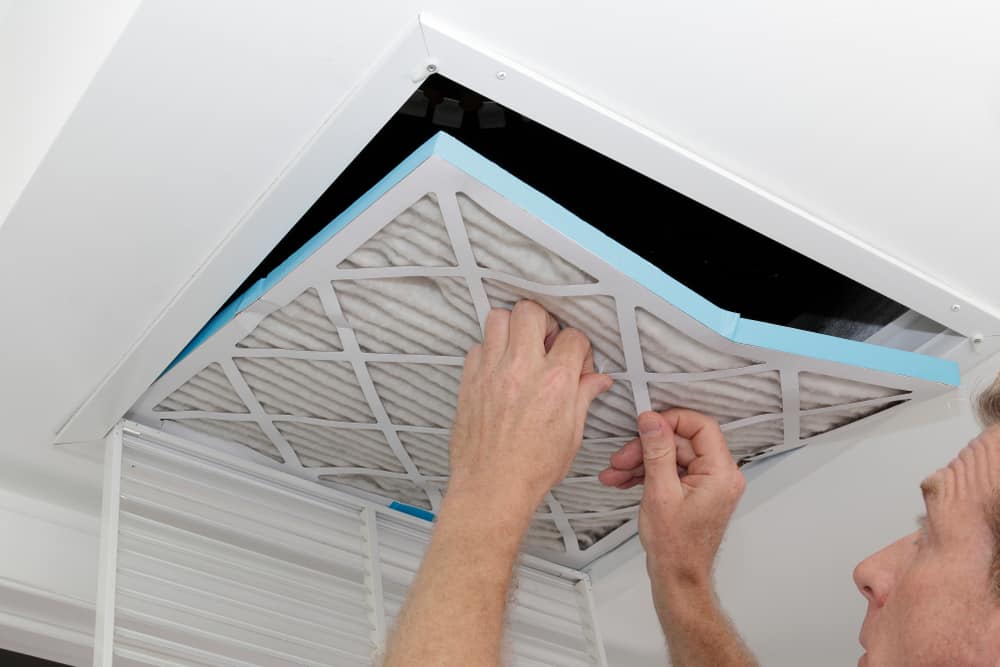Air filters are devices designed to remove particles, pollutants, and other contaminants. They are commonly used in HVAC (heating, ventilation, and air conditioning) systems to improve indoor air quality and to protect the equipment from damage caused by dust and debris.
Air filters can be made of various materials, including fiberglass, pleated paper, foam, or cloth. The type of filter used depends on the intended use and the level of filtration required. For example, high-efficiency particulate air (HEPA) filters are used in applications where very high levels of filtration are needed, such as in hospitals or laboratories.
Click here – what is the best floating dock
Air filters may also be used in air purifiers and standalone devices designed to clean the air in a single room. These devices typically use HEPA filters or other advanced filtration technologies to capture pollutants and allergens.
It’s important to keep in mind that your home air filter needs to be changed frequently. No matter the quality, it won’t work properly if your filter is blocked with debris. Changing your filters once a month will help to guarantee optimal performance. You may also need to change your filter more frequently if you are remodeling or building a new home due to the increased dust and building material particles in the air.
When buying air filters, there are several factors to consider to ensure that you choose the right filter for your needs. Here are some things to keep in mind:
- Type of filter: There are many air filters available, including pleated, fiberglass, HEPA, electrostatic, and activated carbon filters. Each type of filter has different capabilities and is designed for specific uses. For example, HEPA filters are highly effective at capturing small particles, while activated carbon filters are good at trapping odors and chemicals.
- Filter efficiency: The efficiency of an air filter is measured by its MERV (Minimum Efficiency Reporting Value) rating. The higher the MERV rating, the more effectively the filter captures particles. It’s important to choose a filter with a MERV rating that is appropriate for your needs. However, it’s also important to note that filters with higher MERV ratings may also reduce airflow, which can affect the efficiency of your HVAC system.
- Size: Air filters come in various sizes to fit different HVAC systems. Be sure to measure your current filter or consult your HVAC system’s manual to determine the correct size of filter to buy.
- Maintenance requirements: Air filters must be replaced or cleaned regularly to maintain effectiveness. Be sure to choose a filter that is easy to maintain and replace. Some filters can be cleaned and reused, while others need to be replaced entirely.
- Cost: Air filters vary in price depending on the type and size. However, it’s important to remember that a higher-priced filter may offer greater efficiency and a longer lifespan, potentially saving money in the long run.
- Specific needs: Consider your needs and the contaminants you want to filter out, such as pet dander, pollen, or smoke. Choose a filter that is designed to target those specific pollutants.
Click here – How Loyalty Additions Function Within a ULIP
In general, air filters are an important component of maintaining good indoor air quality and can help reduce the risk of respiratory problems and other health issues. Regular maintenance and replacement of air filters are important to ensure their effectiveness and to prevent the buildup of contaminants in the air.
